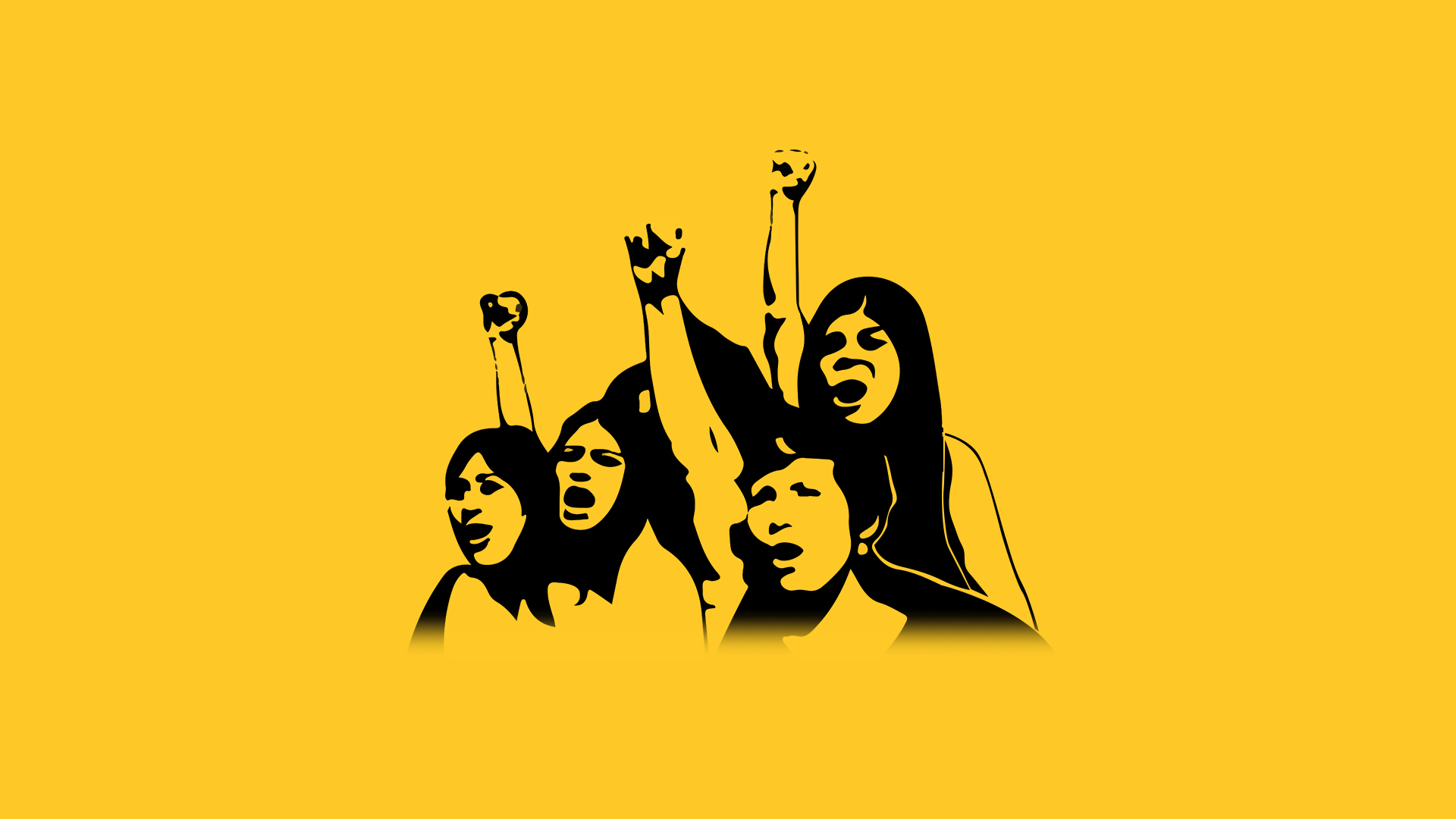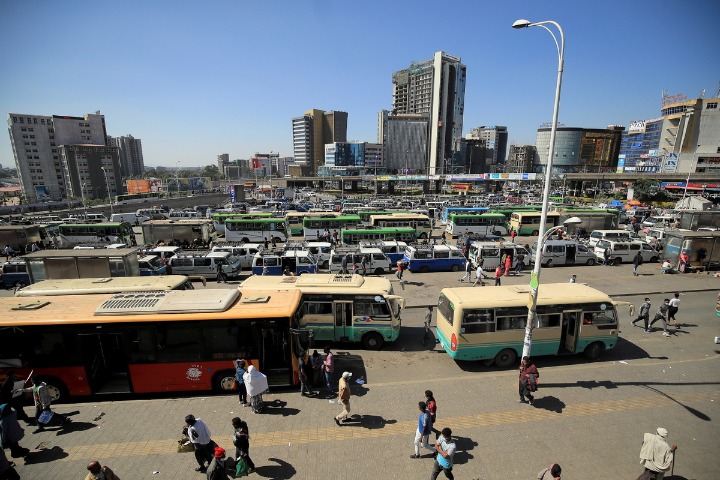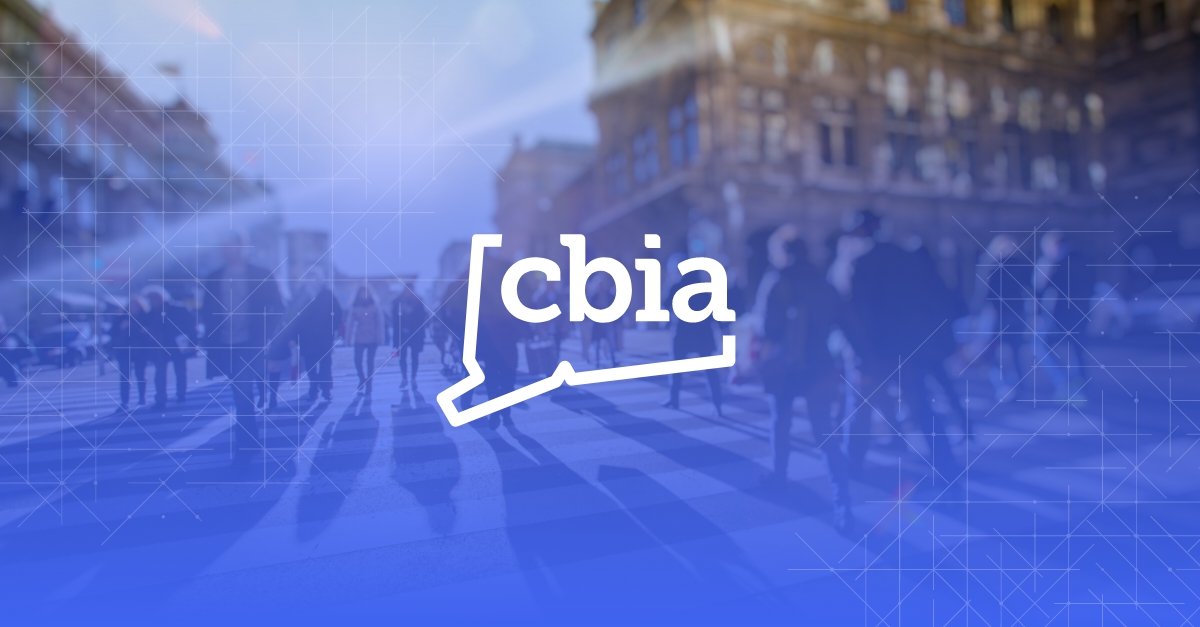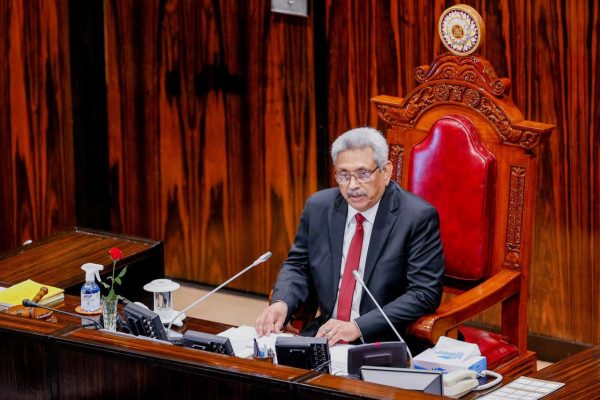TN: AIDWA study reveals severe debt crisis facing women

The All India Democratic Women’s Association (AIDWA) conducted a survey across India into loans taken by women after the onset of COVID-19 and studied the implications this had on their financial conditions. The study revealed the sharp drop in family income that has led women to take out loans for daily expenses and the harassment they face from pawn shops.
In Tamil Nadu, the study shows that before the pandemic, families earning less than 5,000 rupees a month were 20% and that figure has now more than doubled to 42%.
As part of the study, 1,073 women in 30 districts were interviewed in the state, the majority of whom were in the 30-60 age group. Of these, 594 women came from rural areas and 479 from semi-urban and urban areas.
Over 80% of the women worked in unorganized sectors, which also included manual cleaning. A good 12% of women depended on the National Rural Employment Guarantees Act (MGNREGA), and 75 of them were unemployed.
FORCED TO BORROW
The AIDWA study found that women had no choice but to take out loans for their daily expenses during the lockdown linked to COVID-19. They borrowed money for house rent, medical bills, daily food, children’s school fees, etc.
Lost business, wedding expenses, paying interest on borrowed loans, and paying token funds were additional charges they had to borrow money for. Interest on loans ranges from 5% to 27%.
The study observed that the number of single women – such as widows, divorcees, abandoned by husbands and single – and families headed by women is considerably high and they are economically the most affected. These women are most often the sole earning member of the family, with children and entire families to support.
The women gave their Aadhar cards, ration cards, pattas de terre, jewelry and even pension books as collateral for loans.
Without the means to repay their loans, many families sold their gold jewelry to pay off the debt. Many marriages have been turned down during this pandemic due to a sudden lack of income and loss of jewelry.
FACING ABUSE
The common source of loans are microfinance institutions, private lenders, government banks, and pawn shops. The study shows that 474 of the women borrowed money from microfinance firms, 314 from friends and relatives, and 107 took out bank loans.
Women reported that when they are unable to pay interest and repay debt on time, microfinance collectors behave badly with them and speak in foul language. The study shows that unable to bear the shame, women even attempted suicide.
“Verbal and sexual abuse, insulting speech, incitement to suicide, midnight visits to collect a loan etc. Are the avenues through which women have been harassed, the study notes. Women heads of household particularly faced many problems and suffered from mental disorders as a result of the harassment.
Women who lost their husbands were unable to repay their loans and had to give up their jewelry which was mortgaged.
Even self-help groups (SHGs) were not exempt or had more time to repay loans. Although some members were unable to contribute, the group had to collectively raise funds to repay the loans.
REQUESTS
In view of the fact that women have been pushed into such a crisis, the All India Democratic Women’s Association had asked the Madras High Court to stop collection by microfinance institutions until a certain level of return to normal and not charge interest on the loan during this period. period. The Court ordered microfinance companies not to use force when collecting loans, and as a result, the Reserve Bank of India announced a six-month moratorium on borrowers to repay loans. .
“Women who have been self-employed in jobs like sewing and women working in small businesses are no longer able to continue their work. Domestic workers have lost their jobs. The government did not provide any assistance to these women, ”the study observed.
AIDWA is requesting financial assistance through state government banks to help women start businesses. They insisted on prioritizing single women and providing low-interest loans to start new businesses.
As relief, AIDWA had requested relief of Rs 7,500 per family for a six-month period during the COVID-19 lockdown period. In addition, he urged the central government to increase the number of MGNREGA days from 100 to 200.





![[Press release] Debt crisis: a failed G20 summit](https://www.cadtm.org/local/cache-vignettes/L710xH373/f0bd231bf33e0619051e008da75a42-274d7.jpg)
